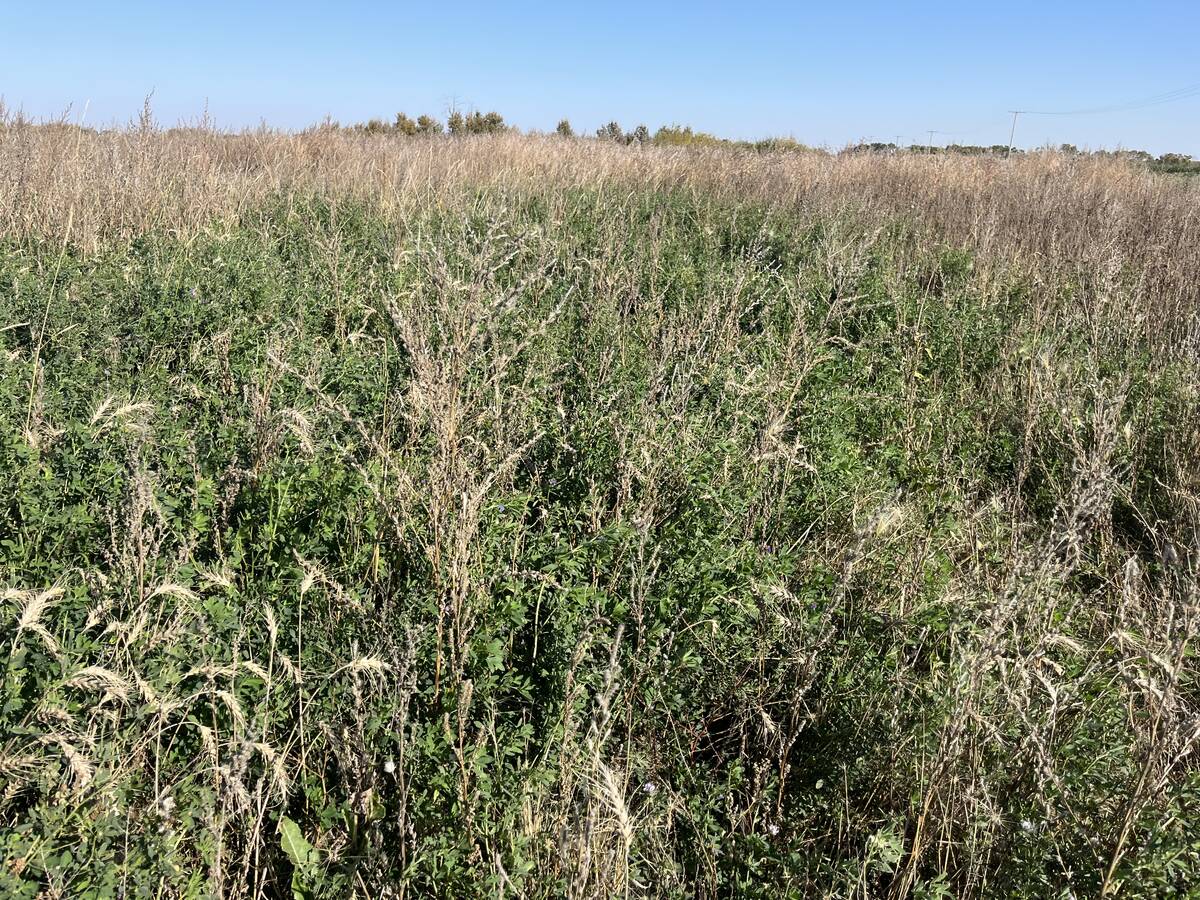RED DEER – Too few age-verified cattle are being sold, which is limiting the numbers available for export, cattle producers heard at a recent meeting.
The Alberta Cattle Feeders Association passed a resolution during its annual meeting Feb. 23 to pay ranchers to tag and age verify their calves. Delegates did not indicate where the money would come from.
For packing companies such as Cargill Foods at High River, Alta., buying cattle younger than 21 months for export has presented logistical challenges.
Cargill offers an extra $30 a head for an age-verified animal and wants them to arrive at the plant in large batches.
Read Also

Dormant seeding forages frees up farmer time and gets ahead of weeds
Dormant seeding isn’t common practice and can appear daunting, but there are some techniques to give Manitoba farmers an edge
“We require those cattle to come in 100 percent age verified with a birth certificate and we process those cattle first thing in the morning,” Steve Mullett of Cargill told the association’s conference held in Red Deer.
The company would prefer less sorting, but computer problems prevent the company from receiving instantaneous information from the identification agency database in Calgary via the internet.
There is as much as a 15 minute delay in relaying back the information, which slows down production. The company hopes to resolve the messaging problem by April.
Cargill also owns a plant at Guelph, Ont., that pays a $12 premium. Information transfer is not a problem there.
Birth date registration has been highest in Alberta, where more than a third of the cattle are age verified, said Tracy Gardner, national field representative with the Canadian Cattle Identification Agency. Twenty-three percent of cattle registered with the agency in Ontario include birth dates, more than 14 percent in Saskatchewan, 10 percent in British Columbia and less than five percent in Manitoba.















